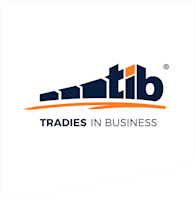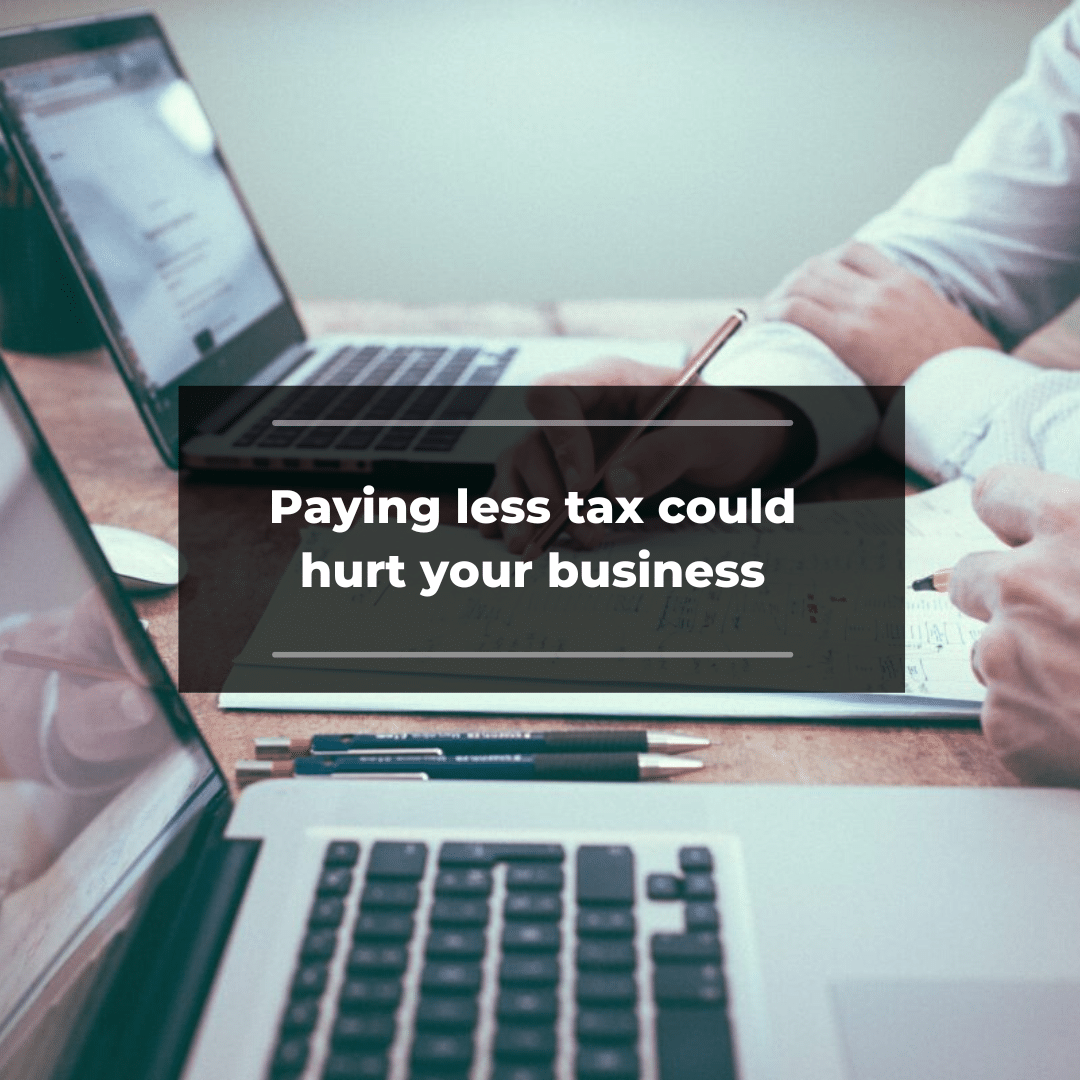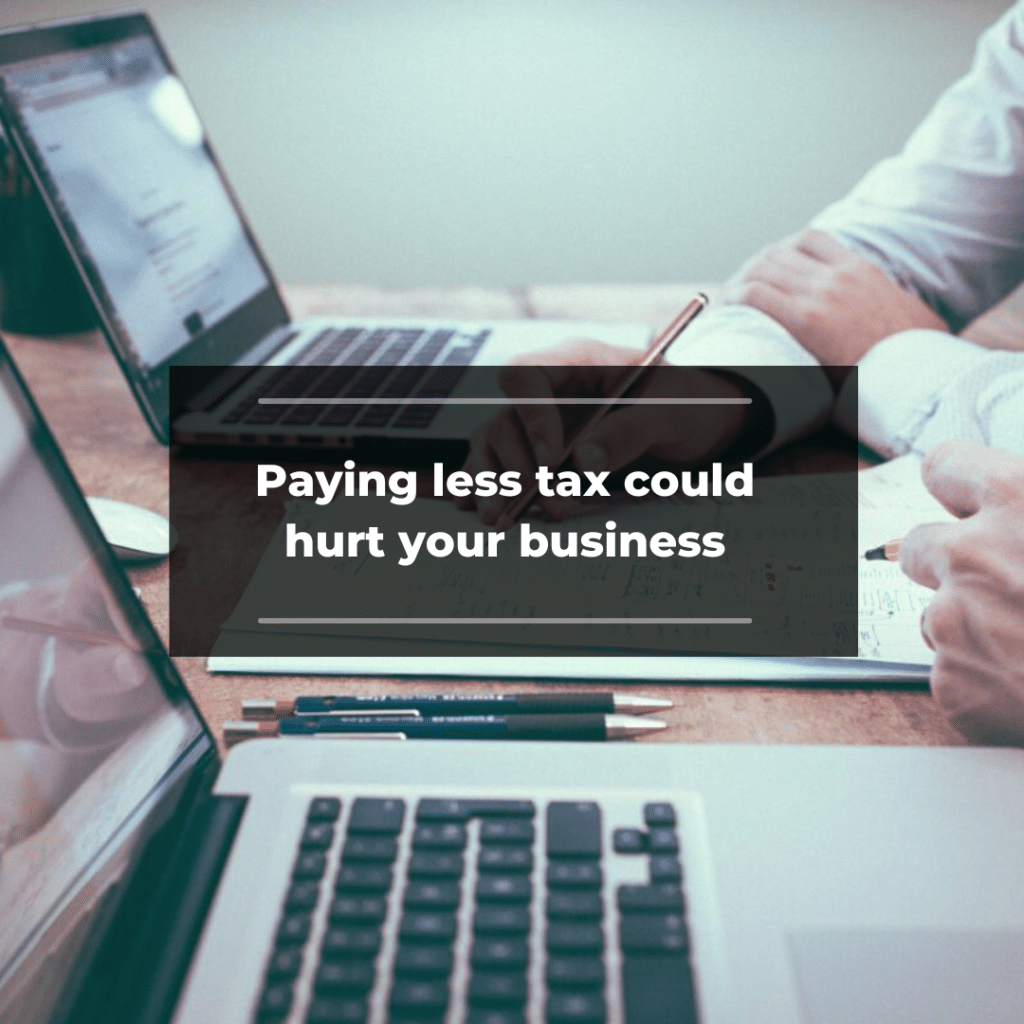It’s enough to strike fear into the heart of business owners everywhere.
That dreaded time of year when the accountant calls to say it’s time to prepare your financials and close off the books at June 30!
Often, this leads to a scramble leading up to the end of financial year or EOFY (pronounced Yoffee!) to purchase small assets, contribute to super and a raft of other strategies to increase ‘expenses’ and reduce taxable income. That’s not to say you shouldn’t be planning these things with your accountant each April/May and this post is in no way personal advice as we do not have any knowledge of your situation or needs (that’s the disclaimer folks… in other words, speak to your accountant or tax adviser about specifics).
What we are suggesting is that, as a business owner, you need to think bigger picture and zoom out… tax is not the only consideration when it comes to your business finances.
It’s an inescapable truth. If you make more profit in your business you will likely pay more tax. How much depends on the cleverness and creativity of your accountant, the cashflow you have available to execute those strategies and the rules of the day.
One problem with making this your singular focus though is that you ignore some of the negative impacts of racing to minimise your tax because it means showing a smaller income on your profit and loss…
How could this be bad for business?
Think about lending. Say you’re growing your business and in 6-12 months you’ll be looking at new equipment or perhaps you’ll run into the need for an overdraft or short term loan facility. Maybe you’ll need to lease an extra vehicle for the new hire.
Even personally, you may be looking to extend the house, borrow for an overseas holiday or refinance the mortgage to get a better deal or consolidate debt.
It’s at this time that you’ll need to present financials for your…. business! Now, if you went a bit hard on the tax minimisation (and by definition, income reduction) strategies and your financial reports show a less-than-favourable-result, you could find yourself limited to what you can borrow to fund any of the previously mentioned items.
It’s not something most of us think about until, sadly, it’s too late and the damage can’t be undone.
What can you do?
Well, a friend of TiB who works in the finance industry suggests speaking with your accountant or tax adviser about only preparing draft financials come end of year. That way you can amend them easily to allow for future financing needs before everything gets closed off and signed in blood.
You should also be letting your accountant know of any plans you have for the coming year, no matter how vague or uncertain, so they can keep that in mind when they advise you on tax strategies. Often, accountants would have given different advice had they known what you were planning. In many cases though, they don’t think to ask and you didn’t think to tell them!
So there you go, sometimes it’s better to pay a little more tax than you’d like, so you can do some of the more important (and beneficial) things in your business down the track.
What do you think? Is this something you’ve been caught by in your business? We’d love to hear your comments below or in the Facebook group. To learn more about how to minimise your taxes without hurting your business, register for our upcoming webinar “Get Ready for EOFY” as we cover everything you need to know to prepare for EOFY, including: organising your finances, tax deductions you can claim, and many more! Register for the webinar here.


